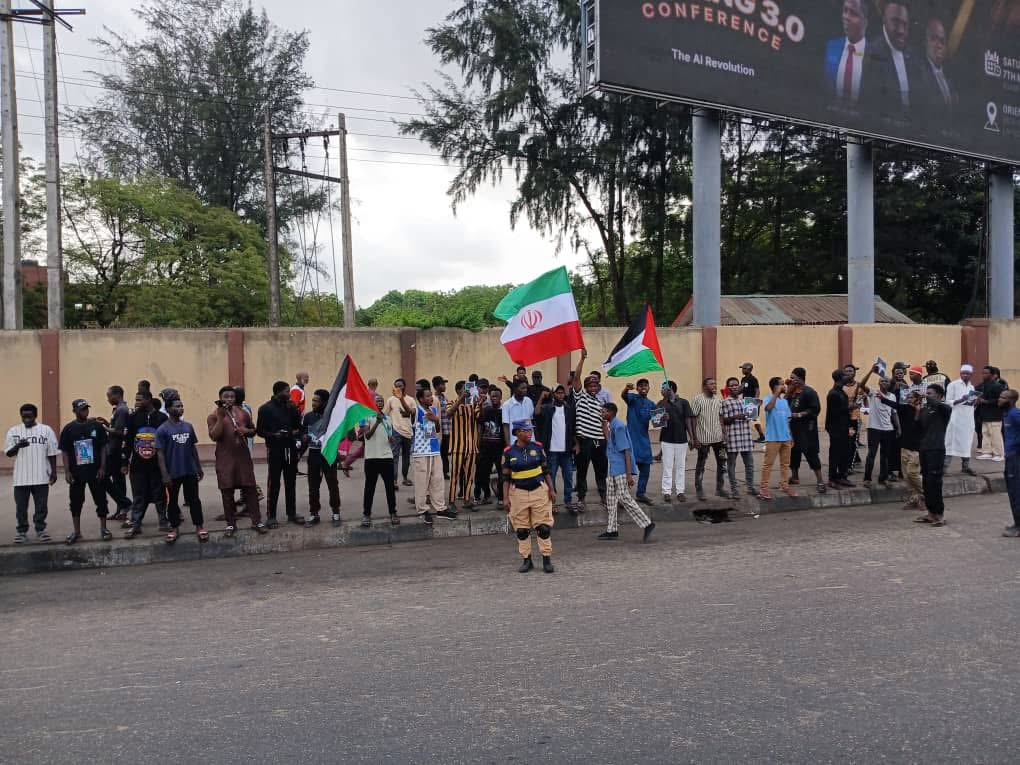A Saudi court on Monday sentenced prominent activist Loujain al-Hathloul to five years and eight months in prison for terrorism-related crimes, according to local media allowed to attend her trial.
The women’s rights activist was convicted of “various activities prohibited by the anti-terrorism law”, the pro-government online outlet Sabq and other media cited the court as saying.
They added that the court suspended two years and 10 months of the sentence “if she does not commit any crime” within the next three years.
The reports did not explain whether the sentence included time served or say when she may be released from custody. A motion to appeal can be filed within 30 days.
Hathloul, 31, was arrested in May 2018 with about a dozen other women activists just weeks before the historic lifting of a decades-long ban on female drivers, a reform they had long campaigned for.
After being tried in Riyadh’s criminal court, her trial was transferred last month to the Specialised Criminal Court (SCC), or the anti-terrorism court, which campaigners say is notorious for issuing long jail terms and is used to silence critical voices under the cover of fighting terrorism.
Earlier this month, Foreign Minister Prince Faisal bin Farhan told AFP that Hathloul was accused of contacting “unfriendly” states and providing classified information, but her family said no evidence to support the allegations had been put forward.
While some detained women activists have been provisionally released, Hathloul and others remain imprisoned on what rights groups describe as opaque charges.
The pro-government Saudi media has branded them as “traitors” and Hathloul’s family alleges she experienced sexual harassment and torture in detention. Saudi authorities deny the charges.
– Spotlight on human rights -Saudi Arabia, an absolute monarchy, has faced growing international criticism for its human rights record.
But the kingdom appears to be doubling down on dissent, even as US President-elect Joe Biden’s incoming administration could intensify scrutiny of its human rights failings.
Aside from a host of international campaigners and celebrities, United States Senate Committee on Foreign Relations have demanded the “immediate and unconditional release” of Hathloul.
The detention of women activists has cast a spotlight on the human rights record of the kingdom, which has also faced intense criticism over the 2018 murder of journalist Jamal Khashoggi in its Istanbul consulate.
Hathloul began a hunger strike in prison on October 26 to demand regular contact with her family, but felt compelled to end it two weeks later, her siblings said.
“She was being woken up by the guards every two hours, day and night, as a brutal tactic to break her,” Amnesty said last month, citing the activist’s family.
“Yet, she is far from broken.”
The Specialised Criminal Court was established in 2008 to handle terrorism-related cases, but has been widely used to try political dissidents and human rights activists.
In a report earlier this year, Amnesty International said the secretive court was being used to silence critical voices under the cover of fighting terrorism.
Advertisement






